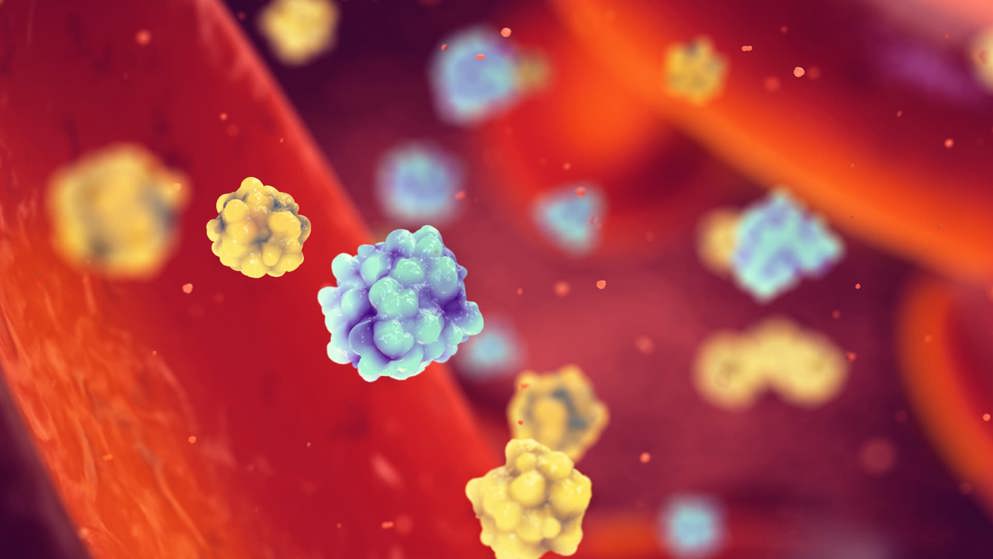
New data for finerenone on the risk reduction of cardiovascular and renal outcomes in patients with a combination of atherosclerotic cardiovascular disease, chronic kidney disease and type 2 diabetes.
Data from prespecified subgroup analyses from FIDELITY, a prespecified pooled analysis of the Phase III FIDELIO-DKD and FIGARO-DKD trials, indicate that compared to placebo, finerenone consistently reduced the risk of the composite CV and kidney outcomes compared with placebo in addition to standard of care in patients across a broad spectrum of CKD associated with T2D, irrespective of a prior history of ASCVD ( atherosclerotic CV disease ).
The subgroup analyses were presented at the American College of Cardiology’s (ACC) 71st Annual Scientific Session (ACC.22).
Out of the 13,026 patients included in the FIDELITY full analysis, 5935 (45.6%) had a history of ASCVD (atherosclerotic CV disease ) at baseline. Over a median follow-up of 3 years, patients with ASCVD versus those without had a higher incidence of the composite CV outcome (incident rate [IR]/100 patient-years [PY] 6.9 vs 3.0; hazard ratio [HR] 2.09; 95% confidence interval [CI] 1.89–2.30), the outcome of CV death or HHF (IR/100 PY, 4.51 versus 1.92; HR: 2.12; 95% CI 1.88–2.40), and all-cause mortality (IR/100 PY 4.0 vs 2.1; HR: 1.72; 95% CI 1.52–1.94). There was no difference between the groups by history of ASCVD in the composite kidney outcome (IR/100 PY 2.1 vs 2.4; HR: 0.96; 95% CI 0.83–1.10).
In the prespecified subgroup analyses of FIDELITY, it was observed that finerenone reduced the risk of the composite CV outcome of time to CV death, nonfatal MI, nonfatal stroke or HHF compared with placebo in patients with ASCVD (HR: 0.83; 95% CI 0.74–0.94) and in patients without ASCVD (HR: 0.91; 95% CI 0.78–1.06; P-value for interaction=0.38). Finerenone also reduced the risk of the composite outcome of CV death or HHF compared with placebo, irrespective of a history of ASCVD (with ASCVD, HR: 0.82; 95% CI 0.71–0.94; without ASCVD, HR: 0.86; 95% CI 0.71–1.04; P-value for interaction: 0.68).
Regarding the effects of finerenone on the composite kidney outcome of time to kidney failure, sustained greater than 57% decrease in eGFR, or kidney-related death, finerenone reduced the composite kidney outcome irrespective of a history of ASCVD (with ASCVD, HR: 0.71; 95% CI 0.57–0.88; without ASCVD, HR: 0.81; 95% CI 0.68–0.97; P-value for interaction: 0.33).In addition, the effect of finerenone on all-cause mortality was not modified by history of ASCVD (with ASCVD, HR: 0.85; 95% CI 0.74–0.99; without ASCVD, HR: 0.95; 95% CI 0.79–1.14; P-value for interaction: 0.38). The safety profile of finerenone was comparable between the groups of patients with and without a history of ASCVD.
“Patients with chronic kidney disease and type 2 diabetes are at a three times higher risk to die from a cardiovascular event than those with type 2 diabetes alone. That said, the severity of kidney impairment correlates with a higher incidence of cardiovascular events,” said Dr. Christian Rommel, Member of the Executive Committee of Bayer AG's Pharmaceutical Division and Head of Research and Development. “We are delighted to see that finerenone shows cardiovascular and kidney benefits in a broad range of patients with chronic kidney disease and type 2 diabetes, particularly those with atherosclerotic cardiovascular disease, who are at the highest risk of death.”
Based on the positive results of the FIDELIO-DKD Phase III study, finerenone was granted marketing authorization in the European Union in February 2022 under the brand name Kerendia to treat adult patients with chronic kidney disease (stage 3 and 4 with albuminuria) associated with type 2 diabetes. In July 2021, Kerendia was approved by the FDA in July 2021. Based on the positive results of both pivotal Phase III studies, FIDELIO-DKD and FIGARO-DKD, Kerendia was approved in March 2022 by the Japanese Ministry of Health, Labour, and Welfare (MHLW). Finerenone has also been submitted for marketing authorization in multiple other countries worldwide and these applications are currently under review.

